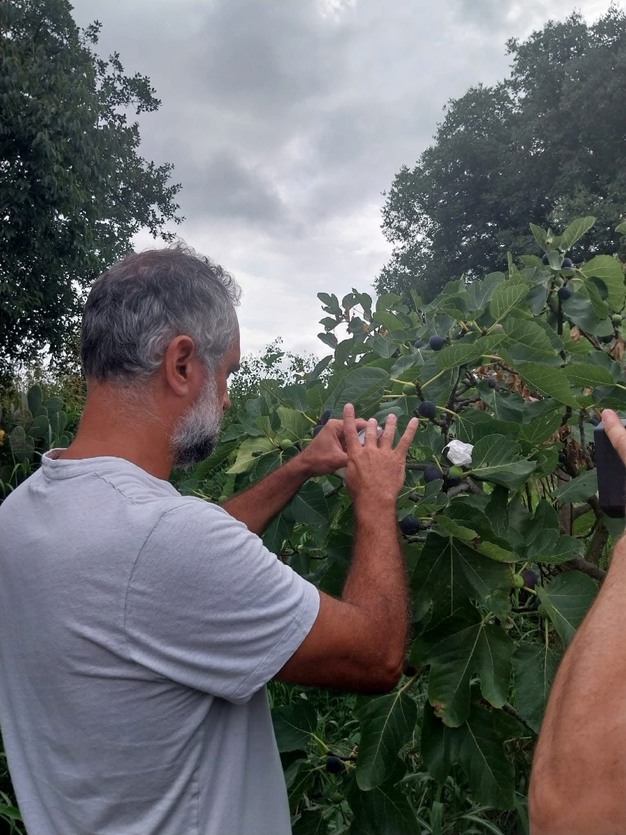For almost 15 years now, French cherry growers of the Pyrénées-Orientales department have been battling Drosophila suzukii (the Asian midge), accidentally imported to Europe from South Asia. Its larvae regularly ravage orchards, even destroying some harvests. All the more so as effective active molecules (notably dimethoate and phosmet) gradually disappear, increasing the pressure on arboriculturists. Although a great deal of work has been undertaken at the European level, the biocontrol plant protection treatments and mass trapping strategies have not been enough to curb the scourge.
 © Chambre d'Agriculture des Pyrénées-Orientales
© Chambre d'Agriculture des Pyrénées-Orientales
Two hundred Ganaspis females released © Chambre d'Agriculture des Pyrénées-Orientales
© Chambre d'Agriculture des Pyrénées-Orientales
However, "there is one promising avenue: biological control by acclimatizing one of the predators of drosophila suzukii, the Ganaspis micro wasp, which naturally regulates drosophila suzukii in its native Japan," according to the Pyrénées-Orientales Chamber of Agriculture. On August 26th, INRAE Nice Sofia Antipolis carried out an initial release of Ganaspis micro wasps on 2 plots, in Céret and Passa, in the Pyrénées-Orientales department. These insects, barely 1 mm in length, naturally parasitize drosophila suzukii larvae by laying their eggs in them.
What happens next?
"The next stage of the experiment will involve monitoring the plots for 2 or 3 years, taking 4 to 5 samples a year of cultivated or wild seasonal fruit (cherries, blackberries, strawberries...). Each fruit sample will be incubated at the Sica Centrex experimentation station in Torreilles for 2 months in order to collect all the insects that emerge from the fruit: drosophila suzukii, of course, and hopefully a few individuals of ganaspis. This would prove that the micro wasps have acclimatized and begun to regulate the pest's populations," according to the Chamber of Agriculture.
Sica Centrex is responsible for monitoring and collecting the insects, which are then sent to INRAE in Nice for identification.
The work is being carried out by the Chamber of Agriculture and Sica Centrex, with the support of INRAE Nice and the Conseil Départemental, the Pêche Sud producers' organization, and the Céret Primeurs/la Melba cooperative.
For more information:
Pyrénées-Orientales Chamber of Agriculture
19 avenue de Grande-Bretagne
66025 Perpignan Cedex
Phone: +33 (0)4 68 35 74 00
